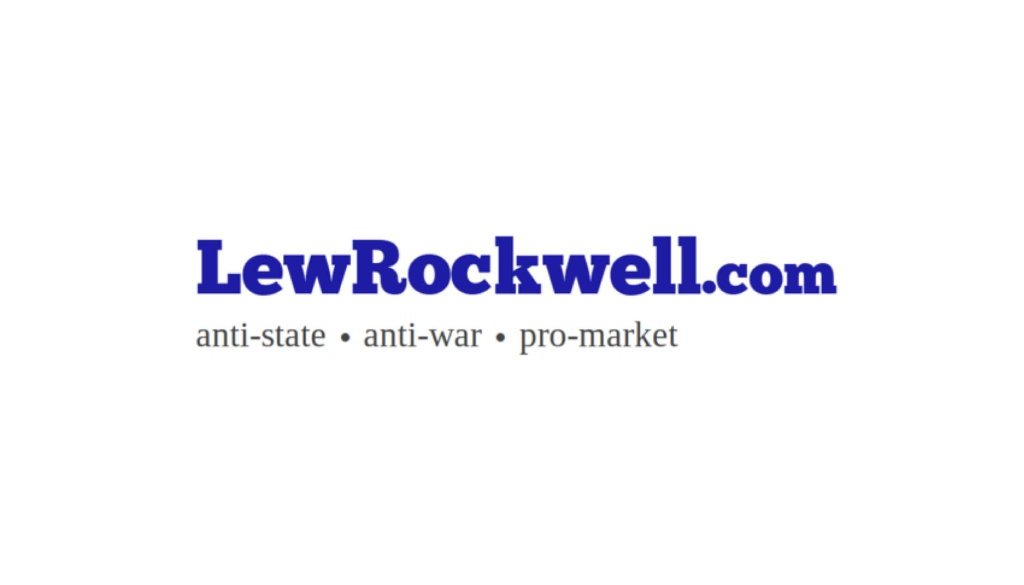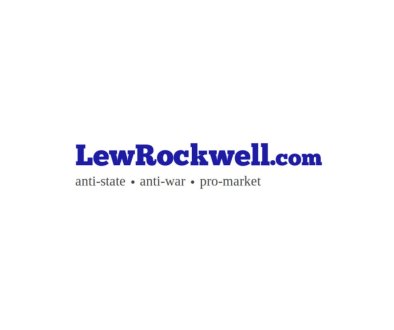Trump the Inflationist: He Wants More Easy Money from the Fed
For a few days during the early weeks of the current Trump administration, it appeared that the Trump team might actually try to rein in the Federal Reserve. Trump and Elon Musk hinted that they would push for an audit of the Federal Reserve, and they even suggested that they would bring in Ron Paul to serve as an advisor on the matter. More recently, though, it seems that a meaningful critique of the Fed is going the way of that imaginary trillion dollars that the Department of Government Efficiency has already given up on cutting from the federal budget. In other words, the hinted-at Fed audit has disappeared from the Trump “to do” list.
Even worse, it now is becoming clear that if the Trump team is going to attack the Fed, it’s because Trump wants more inflation from the Fed, not less. Since he was sworn in, Trump has attacked the current Fed chairman Jerome Powell at least three times for not forcing down interest rates enough. He’s done this in spite of the fact that the Fed cut rates by 100 basis points over the past year. Specifically, last fall, the Federal Open Market Committee (FOMC) reduced the target rate three times, lowering it from 5.5 percent to 4.5 percent. This was a major reduction, especially since it occurred during a period when it was hardly clear that CPI inflation was falling sustainably.
In February, though, Trump railed against Powell (and, by extension, the FOMC) for not implementing any new cuts in the Fed’s target policy rate since December. Trump wrote on Truth Social “Interest Rates should be lowered, something which would go hand in hand
Article from LewRockwell

LewRockwell.com is a libertarian website that publishes articles, essays, and blog posts advocating for minimal government, free markets, and individual liberty. The site was founded by Lew Rockwell, an American libertarian political commentator, activist, and former congressional staffer. The website often features content that is critical of mainstream politics, state intervention, and foreign policy, among other topics. It is a platform frequently used to disseminate Austrian economics, a school of economic thought that is popular among some libertarians.




